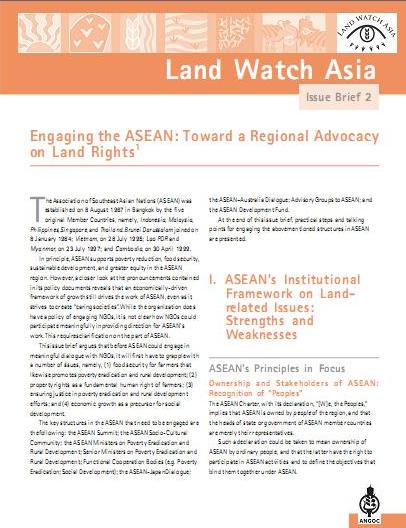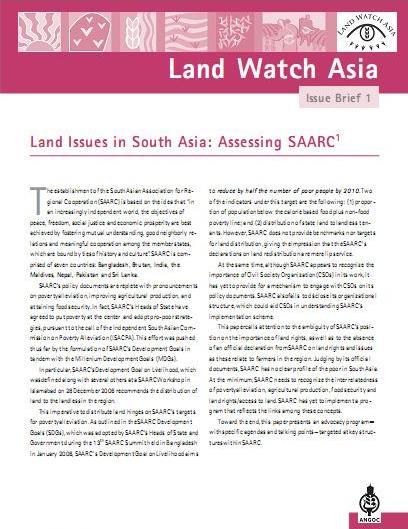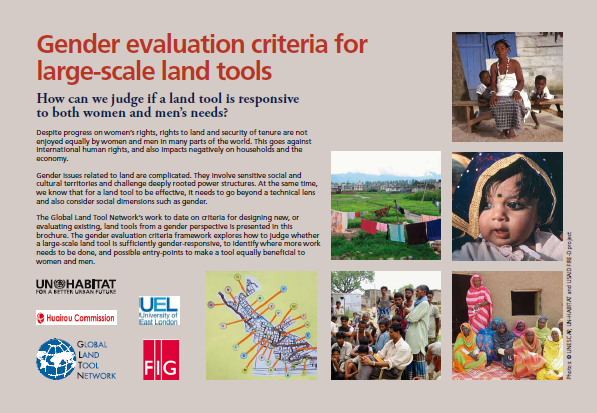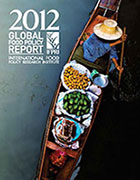Tajikistan - Land Registration and Cadastre System for Sustainable Agriculture Project
The Land Registration and Cadastre System for Sustainable Agriculture Project for Tajikistan will expand farm privatization through a repeater project to enable more rural people to become independent farmers and take management decisions in response to market forces, by providing them secure land use rights certificates distributed in a transparent and fair manner, and providing essential complementary support services.










